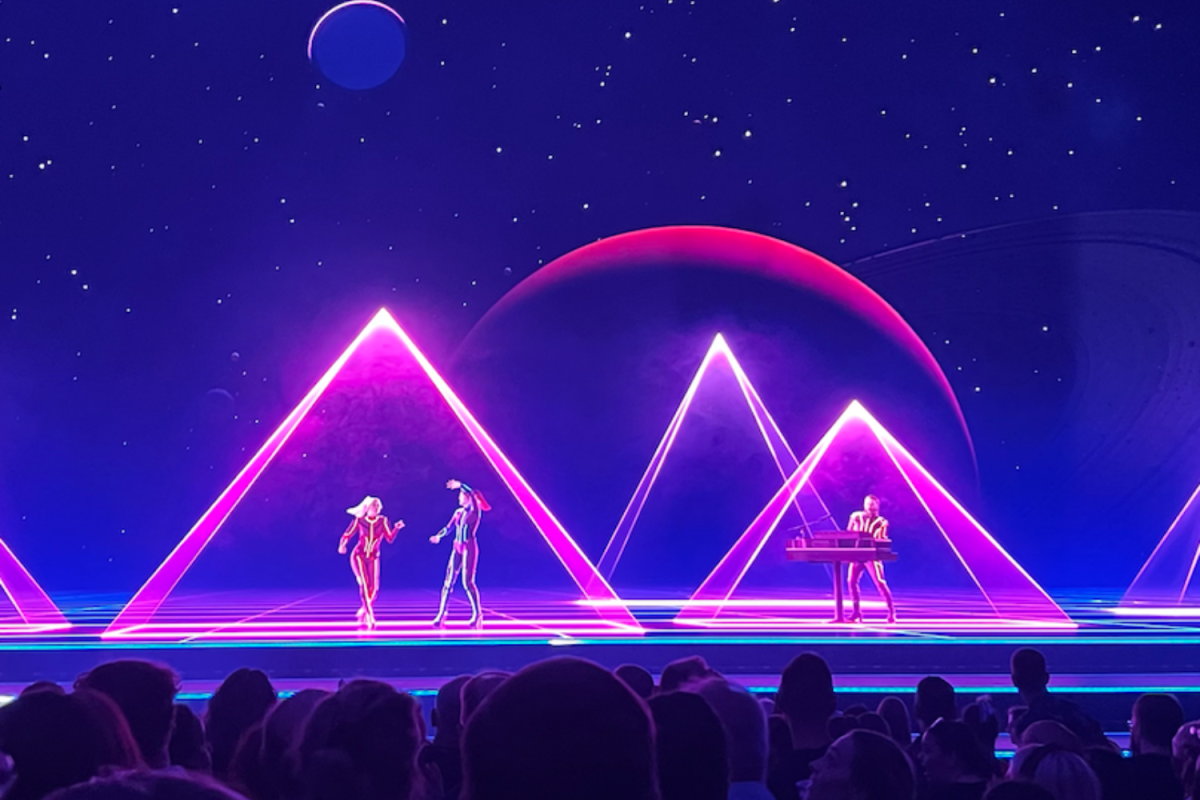African American presence in media as been a talking point as of late, whether it be in regards to the Oscars and the esteemed award show’s lack of diversity, or Beyoncé’s black panthers-esque Super Bowl 50 halftime show.
During this year’s Grammy Awards, Kendrick Lamar gave an enthralling, politically driven performance of two of his hits, The Blacker The Berry and Alright, and in those five minutes Lamar set himself apart from the rest of the performers or award winners. He used hip-hop to make a statement on a world stage. Eleven months prior to this performance, Lamar released his third studio album, To Pimp a Butterfly, a galvanizing album talking about the struggles of growing up in poverty and the adversity many African Americans continue to face in modern day America.
On 14 of the 19 recognized publications associated with end of year charting, To Pimp a Butterfly ranked first. On the remaining five, the album ranked no lower than third.
Lamar, one of many influential hip-hop artists currently thriving in the current scope of music, is a representation of what hip-hop means to society. Since the birth of hip-hop as a genre, the goal has been to speak out. Whether it be N.W.A first bringing police brutality to a world stage, Nas and Jay-Z talking about the hardships of a poverty stricken life, or now Lamar adding that political angle, hip-hop has been a voice of the people, and a powerful one at that.
Since 1989, 1.2 percent of the winners (or one song) for Song of the Year has been hip-hop, with the number jumping to 8.1 percent in the Album of the Year category. The current market seems to be dominated by pop, rock and R&B, in that order, with the genres winning Album of the Year 29.6 percent, 24.7 percent and 15.4 percent respectively. And while pop wildly outshines hip-hop on the world stage, its sales as a genre in the last fiscal year was only 5.1 percent higher than hip-hop’s.
Now being scrutinized for a lack of African American presence, even the Oscars have awarded three awards to hip-hop songs in the last 15 years in comparison to the one significant award hip-hop has won at the Grammys. Perhaps due to the varying spectrum that rap incorporates, artists such as Post Malone all the way through to J. Cole, has caused its underestimation by the award show. But irrespective of that gap, hip-hop has never found a home at the show.
In today’s society, hip-hop has been a fusion of culture where art, fashion, sports and music all come together. Founder of Def Jam Records Russell Simmons put it best that hip-hop is “a reflection of reality”. It is everything that you know is happening, but might not be experiencing, feeling or allowing to occur. Hip-hop was built on, and still is built on, the idea of striving for unity; a trait in society that is more prominent than ever at this point.
Whether it be police brutality, societal oppression, or classism, we live in a society that has been wedged into its various bubbles, forced to live in our comfort zones and has forced the bad out of sight – a trend that the Grammys executed to a tee.




